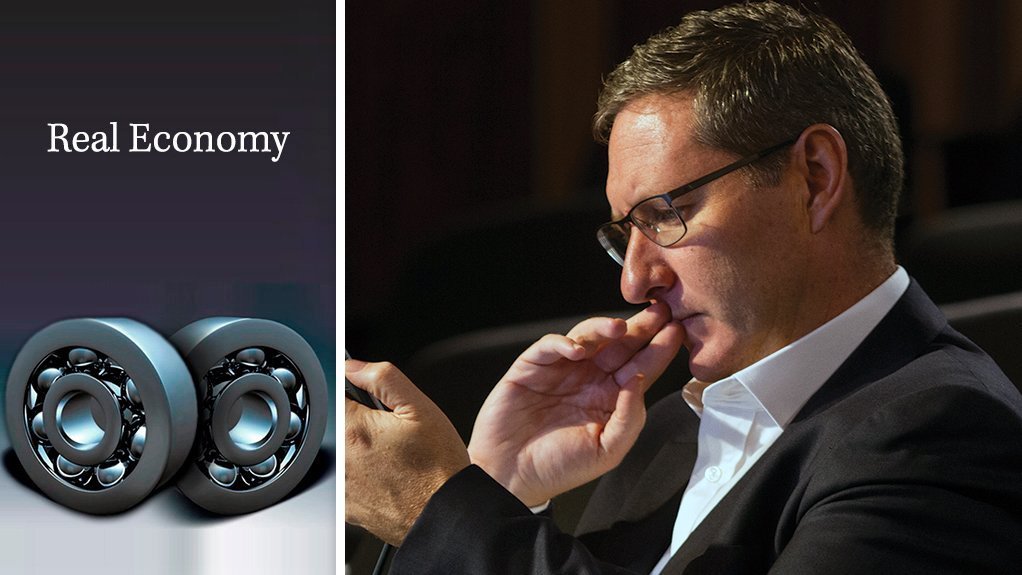A key takeaway from the dreadful ‘State capture era’ is that institutions matter and so do the people that lead them. If it had not been for the resilience of key individuals in the judiciary, the National Treasury and the Office of the Public Protector during the ‘peak capture years’, it is hard to imagine what further damage could have been done.
The importance of who leads institutions is currently being re-enforced during what can probably be best described as the era of ‘peak fight-back’, led by individuals such as the incumbent Public Protector, Busisiwe Mkhwebane. The recent adverse Constitutional Court judgment against Mkhwebane – together with her decidedly questionable findings against President Cyril Ramaphosa and Public Enterprises Minister Pravin Gordhan – highlights the risks posed to institutions when the wrong person is appointed to lead them.
For this reason, it was more than a little concerning to learn of the decision by the Development Bank of Southern Africa, the Department of Energy and the National Treasury to part ways with Karen Breytenbach, the respected head of the Independent Power Producer Office (IPPO).
During her tenure, Breytenbach oversaw a procurement programme that, since 2011, facilitated the development of 6 323 MW of renewables capacity across 92 separate projects. The programme, which is acclaimed domestically and abroad, enabled investments of more than R200-billion, without so much as a hint of corruption – no small feat in an environment where public procurement programmes were being repurposed for the benefit of a tiny elite.
In many ways, the IPPO represented something of the template for the way procurement should be managed and supervised under the ‘New Dawn’. Be that as it may, it is important to understand why the IPPO succeeded where so many other programmes failed.
A key factor appears to lie with the ‘appropriate relationships’ cultivated, sustained and nurtured with market participants – appropriate in that the office was not so close as to simply succumb to the wishes of investors, but not so distant or aloof as to release ‘unbankable’ bid documentation.
This is an important lesson in the context of the rapidly worsening fiscal balance, which means that more, not fewer, public–private partnerships will be required. Ensuring that these partnerships are properly structured and impenetrable to corruption will require both good institutions and good people.
Good procurement institutions should be guided by a philosophy of procuring at the lowest possible total costs. To achieve that, however, requires not only ethical leadership but also leaders and executives who are responsive to market signals but still unwavering in ensuring that the risks are properly apportioned.
In other words, the risk must be borne by the participant best placed to manage them. A failure to ensure this could trigger one of two deeply problematic outcomes. The first is where the bid documentation is so burdensome that private investors simply steer clear. The second is where the risk burden is weighted unfairly in favour of the private investor, leaving the taxpayer or ratepayer to carry the can.
It was precisely that balance that the IPPO was beginning to strike, especially in the later renewables bid windows, when tariffs fell dramatically.
EMAIL THIS ARTICLE SAVE THIS ARTICLE ARTICLE ENQUIRY
To subscribe email subscriptions@creamermedia.co.za or click here
To advertise email advertising@creamermedia.co.za or click here











